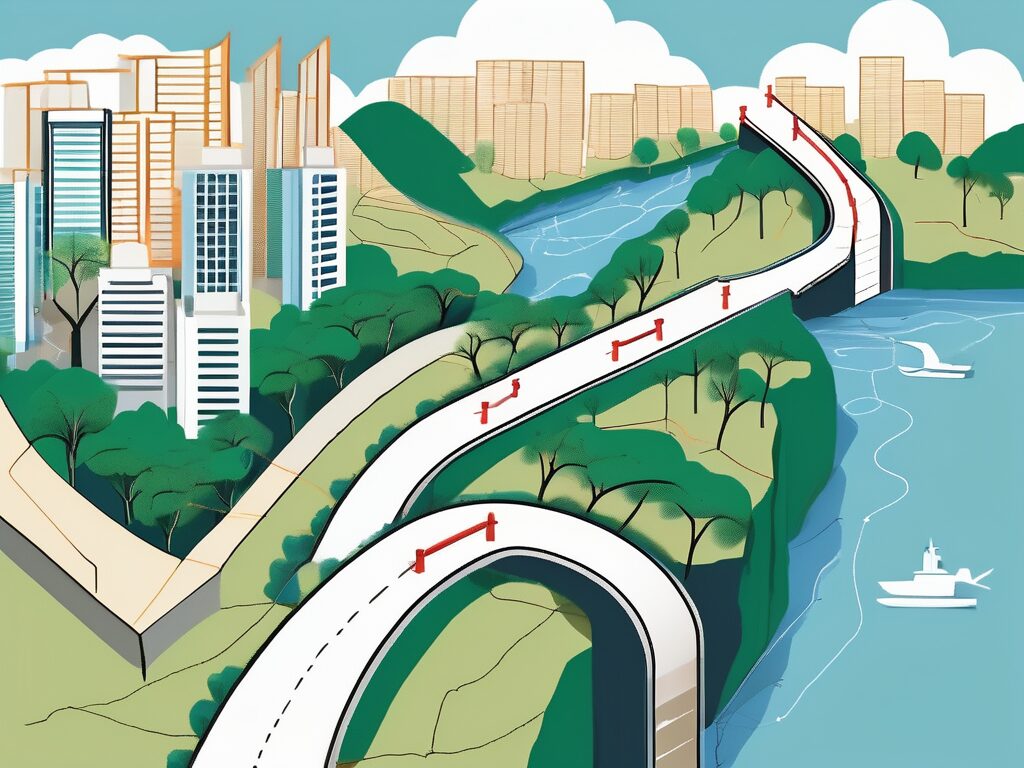Singapore, a bustling metropolis known for its high standard of education, offers a plethora of opportunities for aspiring educators. However, like any other educational system, it presents its own unique set of challenges. For those with an International Postgraduate Certificate in Education (IPGCE), these challenges can be particularly daunting. In this discussion, we will delve into the four main challenges that educators with an IPGCE face in Singapore’s education landscape.
1. Cultural Differences
One of the most significant challenges that educators with an IPGCE face in Singapore is cultural differences. Singapore is a melting pot of cultures, with a diverse population comprising of Chinese, Malays, Indians, and other ethnic groups. This cultural diversity can be a double-edged sword for educators.
On one hand, it provides a rich and vibrant environment for learning and teaching. On the other hand, it can be difficult for educators to navigate the cultural nuances and expectations of each ethnic group. This is akin to a chef trying to cater to the diverse palates of a multicultural crowd – it’s a balancing act that requires sensitivity, adaptability, and a deep understanding of each culture.
Language Barriers
Language can also be a barrier. While English is the medium of instruction in Singapore, the country is multilingual, with most Singaporeans speaking at least two languages. This can pose a challenge for educators who are not familiar with the local languages, as they may find it difficult to communicate effectively with their students or their parents.
Imagine trying to explain a complex scientific concept to a student who is more comfortable in Mandarin or Malay. The message may get lost in translation, leading to misunderstandings and confusion. Therefore, having a basic understanding of the local languages can be a huge advantage for educators in Singapore.
2. High Academic Expectations
Singapore’s education system is renowned for its rigour and high academic standards. This can be a challenge for educators, especially those from countries where the education system is less competitive. The pressure to perform and deliver results is high, and educators are often expected to go the extra mile to ensure their students excel.
Think of it as being a coach for an elite sports team. The stakes are high, and there’s a constant pressure to perform. This can be stressful, especially for educators who are new to the system. However, with the right mindset and strategies, it’s a challenge that can be overcome.
Standardised Testing
One of the key features of Singapore’s education system is its emphasis on standardised testing. From a young age, students are subjected to a series of high-stakes examinations that determine their academic trajectory. This can place a significant amount of pressure on educators, who are expected to prepare their students for these examinations.
Imagine having to prepare a group of students for a marathon. It’s not just about teaching them how to run, but also about instilling in them the discipline, resilience, and mental toughness required to complete the race. This requires a high level of commitment and dedication from educators.
3. Limited Resources
Despite Singapore’s economic prosperity, resources can be a challenge for educators, especially those in less affluent schools. While the government provides funding for schools, the allocation of resources can be uneven, leading to disparities in the quality of education.
Picture a scenario where you’re asked to paint a masterpiece, but you’re only given a limited set of colours. It’s a challenge, but with creativity and resourcefulness, it’s possible to create something beautiful. Similarly, educators in Singapore need to be innovative and resourceful in their teaching methods to overcome this challenge.
Class Size
Another challenge related to resources is class size. In some schools, class sizes can be large, making it difficult for educators to give individual attention to each student. This is akin to trying to conduct a symphony orchestra with too many musicians – it’s a challenge to ensure everyone is in harmony.
However, with effective classroom management skills and teaching strategies, educators can ensure that each student’s learning needs are met, despite the large class size.
4. Adapting to the Local Curriculum
The final challenge for educators with an IPGCE in Singapore is adapting to the local curriculum. Singapore’s curriculum is unique and differs significantly from those in other countries. It’s not just about understanding the content, but also about understanding the pedagogical approaches and assessment methods used in Singapore.
Imagine being a seasoned driver who’s just moved to a new country. You know how to drive, but you need to familiarise yourself with the local traffic rules and road conditions. Similarly, educators need to familiarise themselves with the local curriculum to effectively teach their students.
Understanding the Pedagogical Approaches
Singapore’s education system places a strong emphasis on problem-solving and critical thinking skills. This requires a shift in pedagogical approach for educators who are used to a more traditional, content-based teaching method.
It’s like being a chef who’s used to cooking traditional dishes and is suddenly asked to prepare fusion cuisine. It requires a shift in mindset and approach, but with time and practice, it’s a challenge that can be overcome.
In conclusion, while there are challenges in teaching in Singapore with an IPGCE, they are not insurmountable. With the right mindset, strategies, and a willingness to adapt and learn, educators can thrive in Singapore’s dynamic and diverse education landscape.
Overcome Education Barriers in Singapore with IPGCE
Ready to elevate your teaching career in Singapore and beyond? Join the UK’s #1 Teacher Training Course, the International Postgraduate Certificate in Education (iPGCE), and transform the challenges into opportunities. Enhance your qualifications, connect with a global network of educators, and gain a deep understanding of international curricula. With flexible online study options, the iPGCE is designed for working teachers like you, aiming for career progression and professional development. Don’t let stringent requirements or isolation hold you back. Join the IPGCE program today and become part of the success story!

